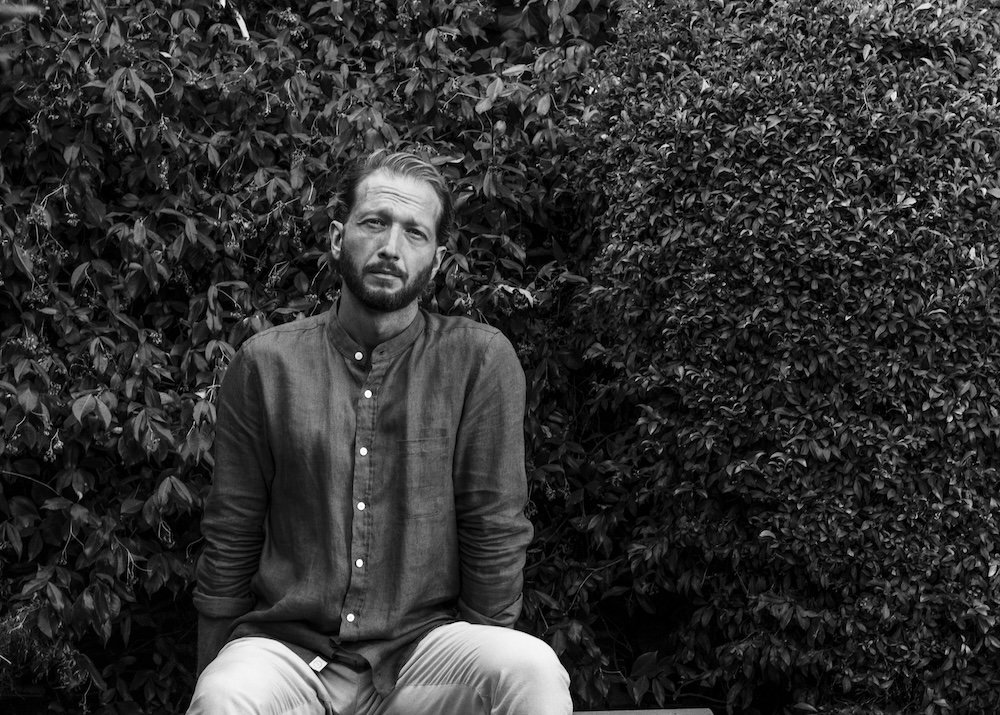
“It’s Not Like, Just Because We’re Friends Now That I Suddenly Don’t Have Any Black Bias Or Black Woman Bias. You Know I Do”:
Gabriel On Facing The Elephant In The Room
RACE-BASED BIAS
Photography and Interview by Y.A.M.
Image Edits by Kris.
I believe that
learning how to value darker-skinned women as actual human beings—while addressing one’s race-based or skin tone biases—is one of the most critical and challenging actions that many racialized White men (and women) in America will have to strive towards if they no longer wish to be oppressed by the destructive concept of whiteness, or “beigemania,” as I call it.
In the time I’ve known Gabriel, I can tell you that he is on the humble and humane path to reorienting his heart towards this reality.
Gabriel is (a) a highly empathetic and emotionally aware man, (b) the first self-ascribed White male who has ever apologized to me for acting on a particular skin tone bias without my having to solicit said apology, and (c) an individual who is well-versed re: the realities of “micro”-aggressions, misogynoir, colorism, featurism and even texturism.
Gabriel has, and continues to do the work of healing his trauma and humanizing himself, thereby humanizing women who do—and do not—look like me.
Even so, he admits to having race-based blind spots.
Sadly, my experiences in
the American North and the American South have led me to believe that in my lifetime, most “good” racialized White men (and women) will not make an effort to engage in the necessary trauma-informed, self-awareness work that would gently nudge them to regard women of my hue as humans who experience a range of emotions from fear to joy, on top of the daily discrimination, prejudices, stereotypes, “othering,” infantilizing, verbal harassment, violence and bigotry so many of us battle on a day-to-day basis at the hands of racialized White family members, friends, colleagues, churchgoers, partners and strangers.
Despite this depressing reality, I choose to hang onto a teaspoon of hope, as I know there are a few parents and guardians in America who are opting to raise conscious and compassionate beige-skinned boys who will not grow up to be men who murder for melanin, or men who target women to rape based on their Black racialization or men who privately degrade darker-skinned women when no one’s watching or listening.
(Suggested Reading: The State of Black Women In Corporate America, Black Women In Leadership, Black Women and Microaggressions, Correctional officers at Rikers Island; Jonathan Mattingly, Brett Hankison, and Myles Cosgrove; Daniel Holtzclaw; and Khalil Wheeler-Weaver.)
I make it no secret that engaging with Gabriel—a beige-skinned, straight blonde-haired and blue-eyed man who is aware of both his skin tone biases and his perceived value in our pigmentation and phenotypic hierarchy—is not always a walk in the park.
And yet, we engage in ego-destroying and grace-fueled conversations, because we believe this country is overdue for a Soul renovation that will prioritize the dignity, safety and humanity of darker-skinned women.
In this three-part interview, Gabriel shares the origin of his anti-Black sentiments; why he hesitated to #AmplifyMelanatedVoices; who he believes needs to do more in dismantling the illusion of whiteness; and the most significant lesson he’s learned from racialized Black women.
Stay tuned,
Y.
P.S. I am further condensing the interview and hope to upload the revised version soon.
P.P.S. Although I don’t subscribe to the anti-racism paradigm, I applaud those who self-racialize/are societally racialized as White, and wish to humanize themselves, as well as those who phenotypically resemble me.

MORE COMING SOON…
GABRIEL.
PHOTOGRAPHY AND INTERVIEW BY Y.A.M.
EDITS BY KRIS.
